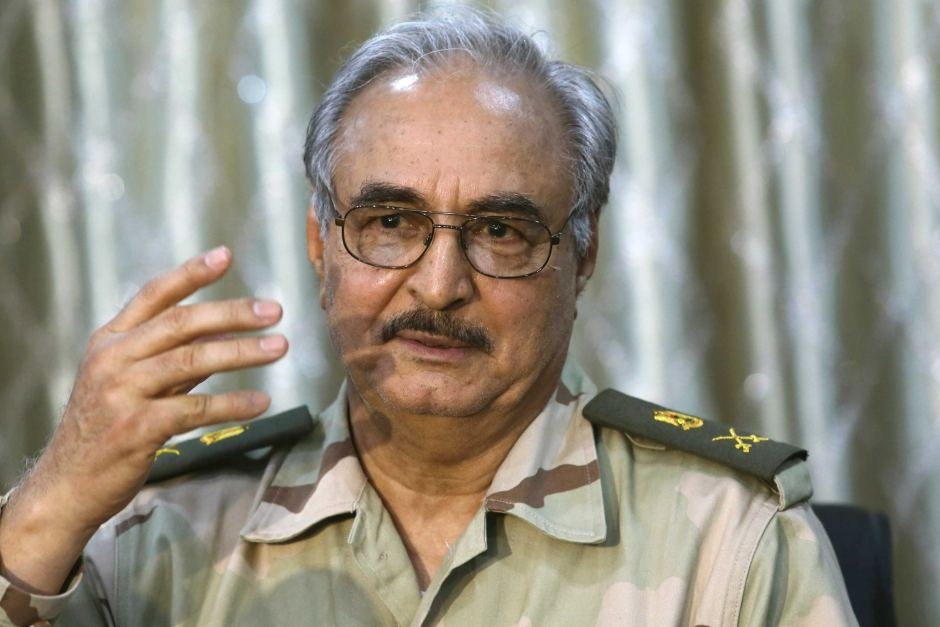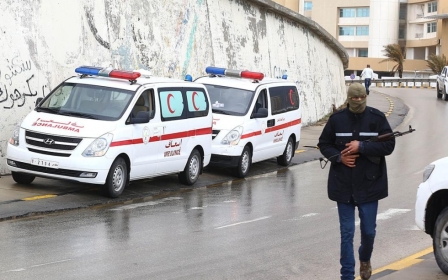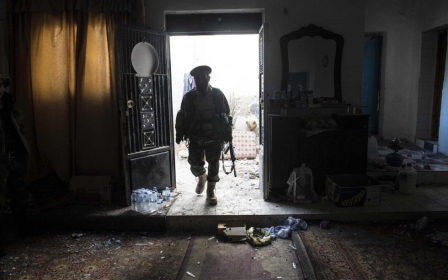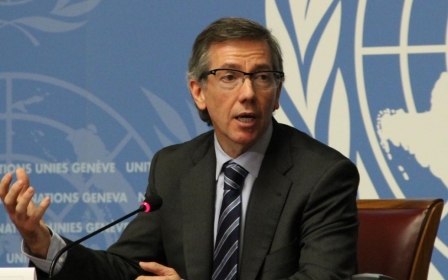Libya's Haftar confirms military support for Operation Dignity from Egypt and UAE

The African Union called on Friday for the international community to pay “greater attention” to resolving the crisis in Libya.
Mohammed Ould Abdel Aziz, the Mauritanian president and head of the AU, told the body’s 24th summit that international co-ordination on the issue must continue “until the Libyan parties reach an agreement that ends the crisis and re-establishes the authority of the state."
Ahead of a meeting of the 54-member body in Ethiopian capital Addis Ababa, the AU head also said that “groups designated by the international community as terrorist” must be distanced from any political activity in Libya.
The AU head did not indicate what form international support for Libya should take, although, on Wednesday, leaders of the body stressed their plan to support Libyans in finding a “political agreement” to the current crisis.
Support from Egypt and the UAE
Many international observers have now pledged support for a political solution in Libya.
However, Libya’s former renegade general Khalifa Haftar confirmed this week that his forces had received military assistance from the UAE and Egypt.
In a 20-minute interview with the BBC on Tuesday, the army man said that his forces had received enough arms and equipment to allow them to put an end to the armed struggle.
Haftar launched a military campaign dubbed Operation Dignity last May, aimed at rooting out Libya’s many rival militant groups.
The campaign was initially dubbed a “coup” by the parliament at the time, but Haftar was later accepted back into the army in November 2014.
Since the campaign was launched there have been numerous reports that it receives support from foreign powers, notably Egypt and the UAE, who have been thought to be behind night-time airstrikes on sites controlled by Islamist-aligned forces.
However, this is the first time that Haftar has said publicly that his forces have received support from foreign powers including Egypt and the UAE.
Haftar’s admission came as Libya, an important player seen as key to regional stability, spiralled further into chaos despite attempts to negotiate peace between rival political and military factions.
Gunmen laid siege to a luxury hotel in the capital Tripoli on Tuesday, in an attack that killed at least 11 and was later claimed by Islamic State.
Many fear that a power struggle between the House of Representatives (HoR), Libya’s internationally recognised parliament, and the General National Congress (GNC), is leaving a vacuum ripe for exploitation by militant groups.
The GNC is allied to Libya Dawn, an armed group that took control of Tripoli last August.
New MEE newsletter: Jerusalem Dispatch
Sign up to get the latest insights and analysis on Israel-Palestine, alongside Turkey Unpacked and other MEE newsletters
Middle East Eye delivers independent and unrivalled coverage and analysis of the Middle East, North Africa and beyond. To learn more about republishing this content and the associated fees, please fill out this form. More about MEE can be found here.




